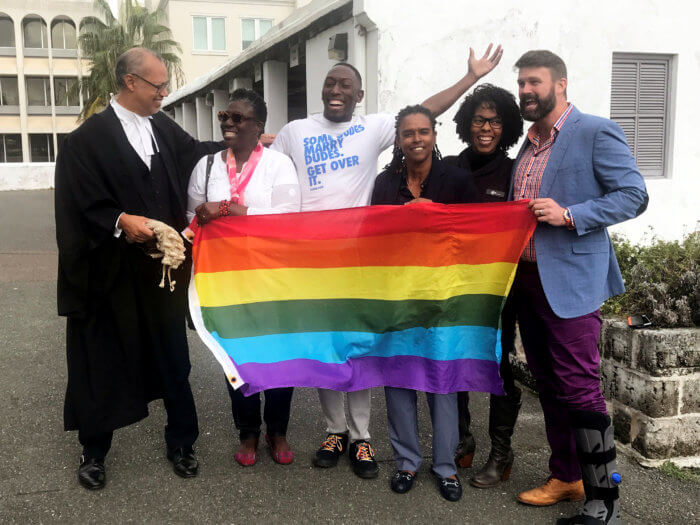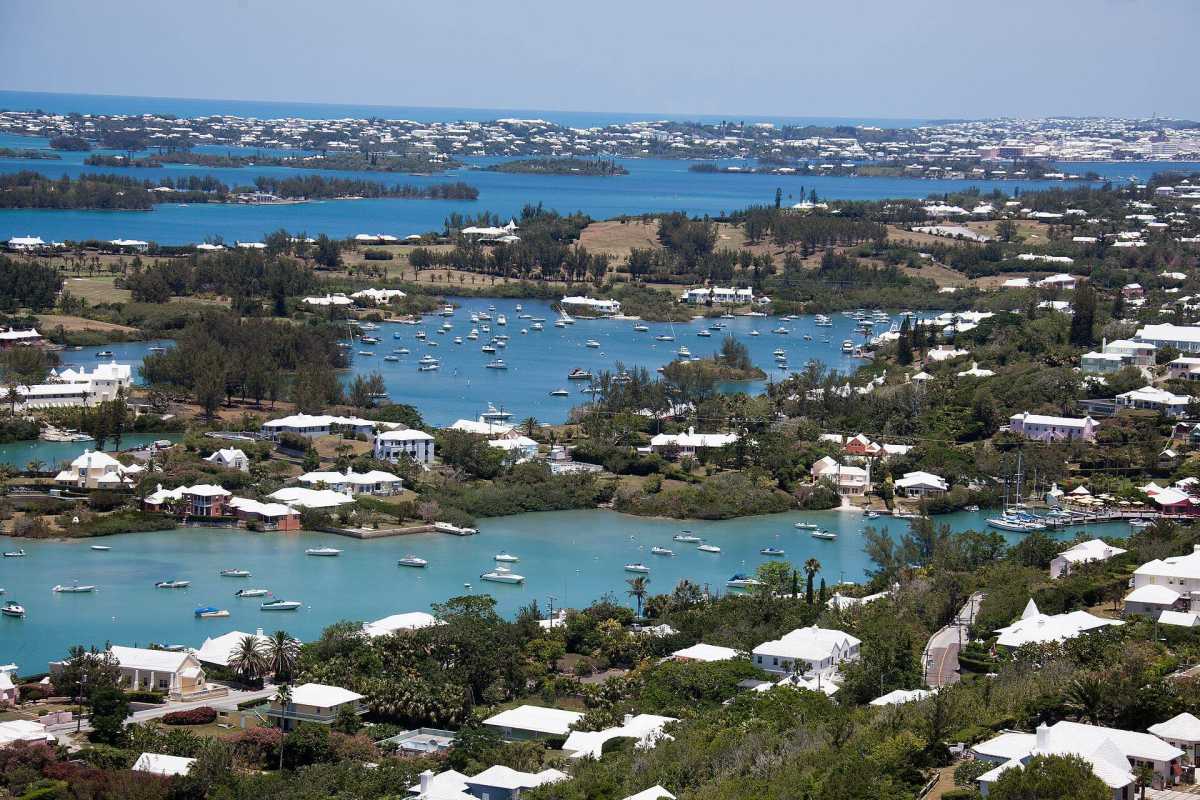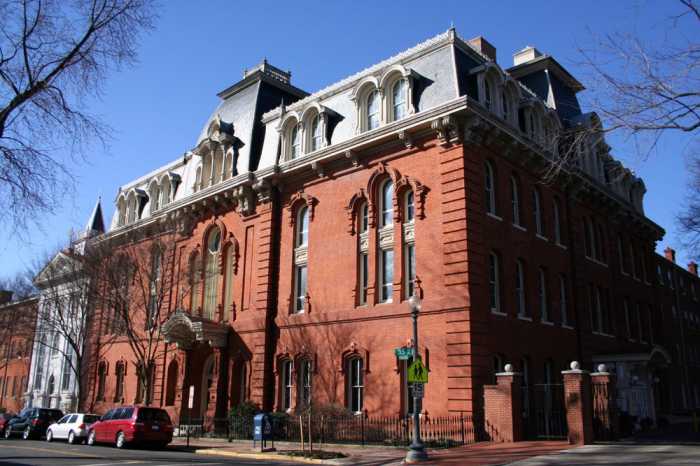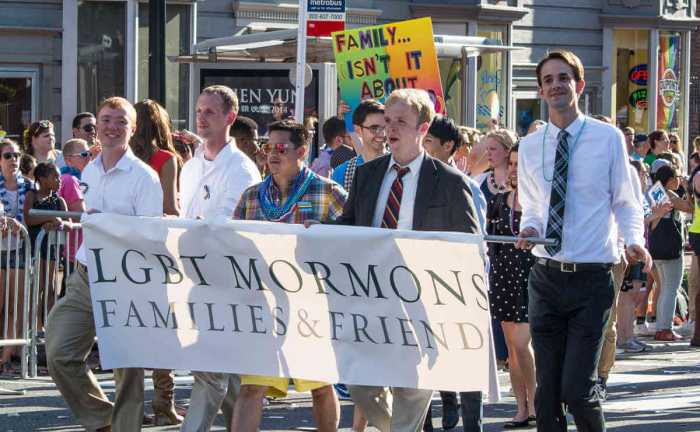A court in the United Kingdom voted on March 14 to uphold constitutional bans on marriage equality in Bermuda and the Cayman Islands, sparking anger and disappointment from LGBTQ activists.
A five-member panel of the Judicial Committee of the United Kingdom’s Privy Council in London voted 4-1 in the decision to uphold the Bermudian government’s ban on same-sex marriage in a 78-page decision. Supreme Court Justice Lord Philip James Sales gave the dissenting statement arguing that Section 8, freedom of consciousness, did violate Section 58 of the Commonwealth’s Constitution.
In a separate case, the judicial panel unanimously decided that the Cayman Islands’ Bill of Rights did not grant same-sex couples the right to marriage. The island’s constitution legally limits marriage to a man and a woman.
Zakiya Johnson Lord, co-founder and deputy director of OUTBermuda, described feeling “deflated” and “disappointed” by the Council’s decision, but not surprised.
“There were tools that they could use to defend their position that were in our Constitution,” said Lord, an out lesbian, said a phone interview with Gay City News. “That’s the thing that I think is unfortunate.”
Bermuda’s complaint was brought by six people, including gay Bermudian Roderick Ferguson, lesbian Bermudian Maryellen Jackson, and OUTBermuda, the Caribbean island’s LGBTQ organization.
The case followed gay couple Greg DeRoche and Winston Godwin’s same-sex marriage case against Bermuda’s government, which they won in 2017. The couple married in DeRoche’s native Canada following their win that brought same-sex marriage to Bermuda. The win went through a legal rollercoaster in the years that followed: The ruling was reversed and reinstated a couple of times before the government’s challenge to its Supreme Court’s ruling landed the case at the Council in 2021.

The judges examined three areas of Bermuda’s same-sex marriage challenge, which claimed Section 53 of the Domestic Partnership Act 2018 was invalid due to it defining marriage as only between a man and a woman. The act passed by Bermuda’s Parliament allowed same-sex couples to legally be recognized in domestic partnerships, but it also declared marriage void unless the partnerships were between men and women.
The five-member judicial panel examined questions about Section 53 and whether it was affected by religious purpose, freedom of conscience, and creed-based discrimination.
A majority of the panel said the law did not inhibit same-sex couples from marrying in church, believing they should have the right to marry, nor did it discriminate against LGBTQ people. Judge Philip James Sales of the Supreme Court stated in his dissenting comments that he believed Section 8, freedom of consciousness, was violated.
In the Cayman Islands, which encompass the Grand Cayman, Cayman Brac, and Little Cayman, activists were infuriated by the Council’s decision.
“It’s utter outrage for so many reasons,” said Billie Bryan, an out trans woman who is the founder and president of Colours Cayman, the island’s LGBTQ organization. “There’s clearly a double standard, to put it very mildly.”
Bryan pointed to the UK’s push for same-sex marriage in Northern Ireland, stating the country was “neglecting its British Overseas Territories, at least in the Caribbean.”
The organization campaigned for same-sex marriage in the Cayman Islands and worked closely with out gay attorney Leonardo Raznovich on the Bush and Day case, which involved lesbian Cayman Islands couple Vickie Bodden Bush and Chantelle Day. Bush and Day initially won their case when they were denied a marriage license before the Grand Court of the Cayman Islands in 2018, but lost the appeal, which led them to the Privy Council.
In the same ruling, the Court of Appeal in the Cayman Islands ruled Bush and Day were entitled to legal protection equivalent to marriage. In 2020, the Cayman Islands’ governor instituted civil unions after the island country’s Legislative Assembly failed to pass civil unions.
The Council’s decision does not limit the Cayman Islands’ Legislative Assembly from legalizing same-sex marriage in the future, the judges noted.
In a statement provided to Gay City News, Caribbean Equality Project founder and executive director Mohamed Q. Amin described the Council’s decision as an “outdated” extension of the British colonial era.
“The ruling erases years of advocacy for marriage equality and legal recognition and protection of LGBTQ families,” Amin said. “Every person deserves the right to live freely without the fear of violence and have their love affirmed for who they are under the constitution in their country, including queer and trans people.”
Evan Wolfson, who founded Freedom to Marry, agreed with the Caribbean activists in his response to the Council.
“It’s shocking to see a court so fail in its duty to protect basic rights and fairness, leaving the region’s same-sex couples and families in the lurch, still denied the dignity and affirmation that come with the freedom to marry they deserve,” Wolfson said.
Bermuda and the Cayman Islands cases were heard on February 3 and 4, 2021, but there was a more than a year delay in the decision.
The judges’ rulings mark the legal end of the road through the courts for the Bermuda case. The Privy Council is the final court of appeal for dozens of British overseas territories, dependencies, and Commonwealth states.
Raznovich vowed to make a controversial move to appeal The Cayman Island’s case to the European Court of Human Rights in Strasbourg, France.
Bermudian and The Cayman Island LGBTQ activists said they would nonetheless continue fighting for marriage equality.
































